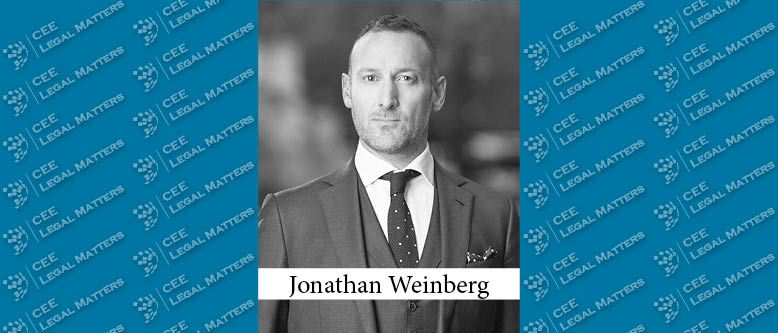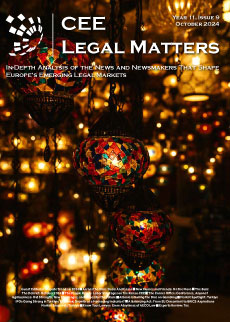Having been a foreign lawyer abroad for a significant part of my career so far – this last decade in CEE – I can say that the past couple of years have been the most interesting, and I mean that in the Confucian sense. Not because of local market developments or interesting deals – though there have been plenty of both – but because of the events of 2016 and a certain painful embarrassment and anguish I feel when a well-meaning acquaintance, colleague, or client, in genuine bewilderment, looks me in the eye and asks me, in my capacity as a British citizen and English lawyer, “what on earth is going on?”
My best response so far is a weak smile and a shrug. My long-suffering colleagues will tell you that my worst response is to subject them to a diatribe about the strange obsession some in the country of my birth have these days with blue passports and fish quotas.
But it’s not just the Anglosphere, of course. These are uncertain times everywhere, in economics as well as politics. On the level of the markets, I have attended several meetings and symposia over the last year or two at which lawyers, bankers, economists, and investors have spoken of their fears (or hopes, depending on their investments strategies or practices) of a credit dam breaking sometime next year or in any case by 2021. At a gathering of LSE alumni recently, Lord Hain spoke about the resentments and mistrust underlying the shocking Brexit vote. His diagnosis would not surprise anyone alive to the apparent madness which has engulfed England and America. But he noted, correctly in my view, that these are all symptoms of significant structural weaknesses in the political economies of the developed world, and need to be considered in those terms.
So what is in store? Prognostication is a dangerous game, as Francis Fukuyama can tell you. At the micro level, there have been some encouraging developments, for example in the legal framework for formal and informal restructurings, as well as the growing sophistication among stakeholders in terms of strategies of value-preservation in a downturn. But since deeper currents are at play which will determine longer-term outcomes, these currents bear some thought.
It’s not difficult to agree on some of the fundamental dynamics and risks: unresolved distortions in the credit markets consequent on the last financial crisis; the suspicion that central banks and governments are under-armed for a response to the next crisis; and an unequal distribution of the economic benefits of globalization and the pursuit of austerity – both voluntary and imposed – by cash-strapped and indebted national governments. Though these factors may seem somewhat remote in the parts of CEE where relative economic performance has on the whole been healthy, political and economic crises in this region are often unwelcome imports, and have already begun to have their effects. A crisis in Western Europe and North America will of course negatively affect external resources available for FDI, and local political developments have already depressed perceptions of the region as a worthwhile destination for investment. Economic tensions give rise to societal and political tensions, and the disquiet which I think we all feel is that current developments within the region and beyond presage unwelcome political outcomes if and when another crisis comes. Even now, the weight of populist politics is heavy in Europe.
What our region has to offer at this moment in European history is a relatively recent taste of two opposing visions of society; of the consequences of the two (I would not say twin) populisms alive in the zeitgeist. Much depends on the political class seeking not to profit from societal tensions, but to dampen them, and though current political developments in some quarters do not lend themselves to optimism on this score, we can all do our bit.
It is a common habit among non-lawyers (particularly, I am sure, clients in receipt of an invoice) to quote from Henry VI: “First, let’s kill all the lawyers.” Though rarely intended as such, this is of course a backhanded compliment, if you’ve seen the play. The character Dick the Butcher means by these words that, to overthrow civil society, you first take aim at lawyers, as they are the natural guardians of the rule of law. At the risk of self-congratulation, I would argue that lawyers have a unique role to play in the societies in which they live and work. In addition to helping our clients navigate the microeconomic risks and opportunities of their investments and markets, we can also become even more involved in humanitarian and civic organizations, and engage with, and contribute constructively to, the public dialogue. This is certainly my intention for the coming months and years.
By Jonathan Weinberg, Partner, White & Case
This Article was originally published in Issue 6.5 of the CEE Legal Matters Magazine. If you would like to receive a hard copy of the magazine, you can subscribe here.



